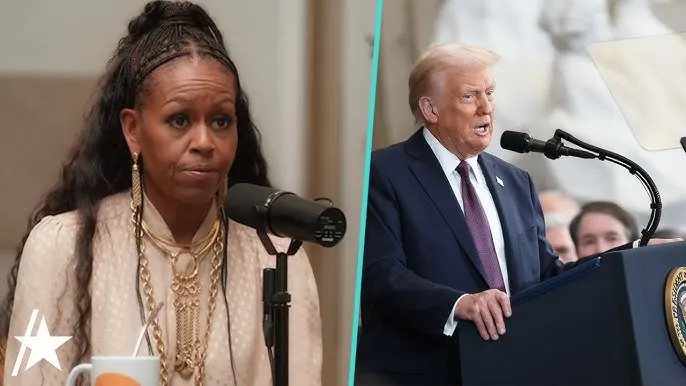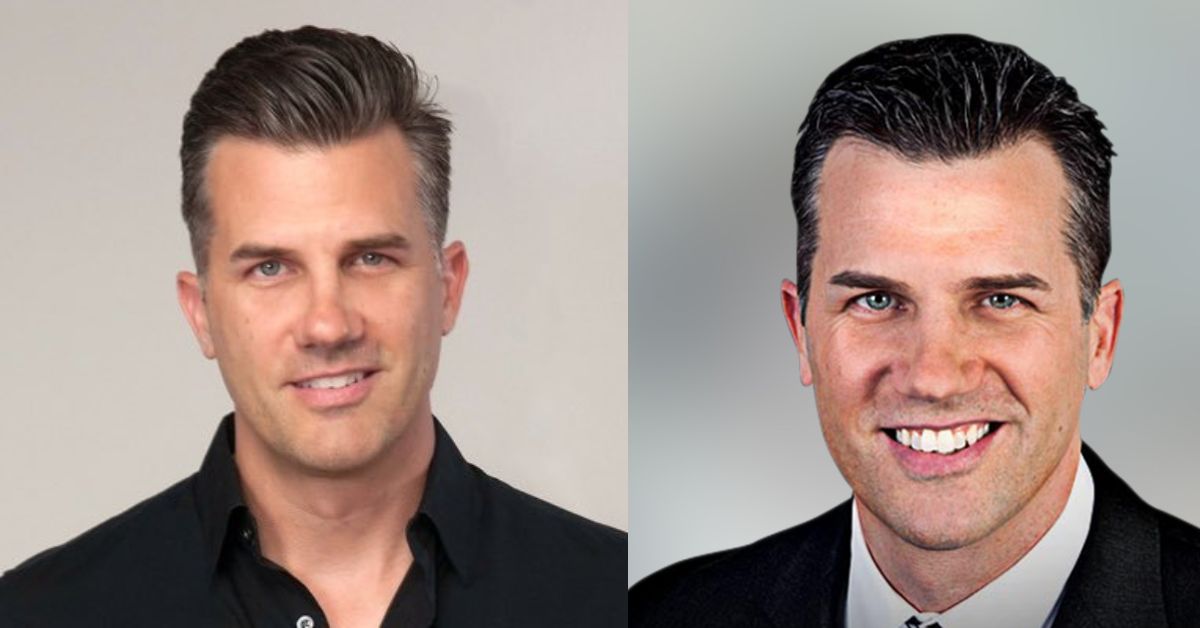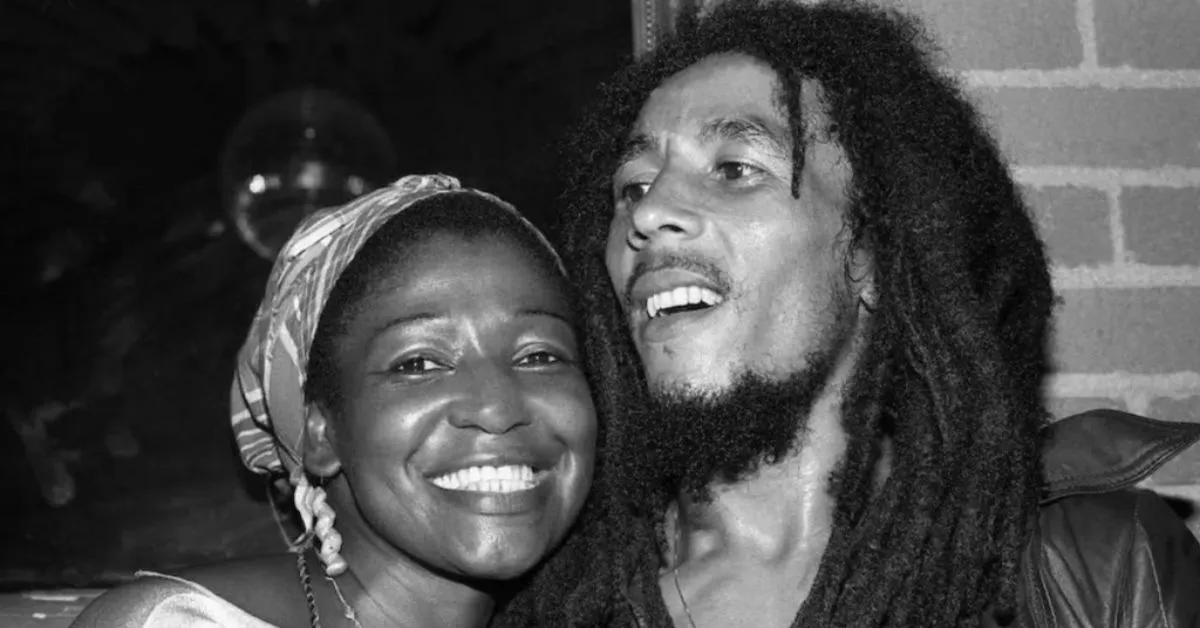At last, Michelle Obama is talking about why she chose to avoid attending some public engagements.
When the former first lady skipped President Donald Trump’s second inauguration in January, it caused some controversy. She missed Jimmy Carter’s funeral, where she should have been sitting next to Trump.
She now claims that it was just “the choice that was right for me,” despite her withdrawal from the public eye following the new year, which spawned reports of resentment, scandal, and even marital problems between her and former President Barack Obama.
Obama and guest Taraji P. Henson discuss living in the spotlight and the challenges they encounter as Black women in the April 23 episode of her podcast, IMO She co-hosts the podcast, IMO, with Michelle Obama and Craig Robinson.
“People couldn’t believe that I was saying no for any other reason, they had to assume that my marriage was falling apart,” Obama said of the headlines surrounding the inauguration and her husband’s solo outings. “It took everything in my power to not do the thing that was perceived as right, but do the things that was right for me, that was a hard thing for me to do.”
Must Check: Trump Faces Real-Time Vote Decline During Live Stage Appearance.
By making sure she would have nothing to wear if she began to feel pushed to attend, the novelist and activist claimed she had to “basically trick” herself into carrying out her intention to skip the inauguration.
“It started with not having anything to wear,” Obama said of the moment she finalized her decision. “I was like, if I’m not going to do this thing, I got to tell my team, I don’t even want to have a dress ready, right? Because it’s so easy to just say let me do the right thing.”
She was aware that she would not be able to change her mind if her team did not arrange a dress for her.
Obama’s attempts to cultivate the “art of saying no” when it feels like the proper thing to do are linked to her attendance at events without her husband or vice versa.
“It’s a muscle that you have to build,” she explained of her philosophy. “And I think we suffered, because it’s almost like we started training late in life to build that muscle, right? I am just now starting to build it.”
“I want our daughters, I want the young women out there… I want my girls to start practicing different strategies for saying no,” she continued. “After all that I’ve done in this world, if I am still showing them that I have to keep- I still have to show people that I love my country, that I’m doing the right thing, that I am always setting, going high all the time, even in the face of a lot of hypocrisy and contradiction, all I’m doing is keeping that crazy bar that our mothers and grandmothers set for us.”
Obama claimed that since she and her family departed the White House in 2017, she has been examining the impact of the experience in great detail in therapy.
“We made it through. We got out alive,” she shared. “I hope we made the country proud. My girls, thank God, are whole. But what happened to me?”
“Going through therapy is getting me to look at the fact that maybe, maybe finally I’m good enough,” she added.
Women frequently take on too much, according to Henson, and end up acting as “shock absorbers” for others around them.
“You’ve had to be a shock absorber for your husband, for your children, for your mom, for family, your loved ones, because of where you were sitting in the public eye. That’s not fair to you,” the actress noted. “I applaud you. I’m happy that you are taking care of yourself in the way that you need to.”

Obama’s route hasn’t been simple; as the first and, thus far, only bBlackfirst lady, she was subjected to more criticism while in the White House. As Black women, she and Henson both confirm that they are accustomed to being called “angry” or “bitter” at any time.
“Some of the most hurtful stuff that I experienced entering this life of public service at the heights that we entered into was during my husband’s presidential campaign [was] just me telling the truth of who we were, you know, just humanizing him as a man,” she recalled.
“[I’m] saying, ‘He’s a great man, but he’s not perfect, you know? He’s got his foibles and his flaws,’ ” Obama continued. “The first thing that some female journalist said is that I was bitter. I was emasculating him just by sort of trying to tell the truth about what life is, right?”
“And then you get labeled as angry, you know, because you talk forcefully or passionately about something, even if it’s in the context of great joy and pride, that the first label they put on us as black women is that we are angry.”
On Wednesday mornings, new episodes of IMO with Craig Robinson and Michelle Obama are posted on podcasting apps and YouTube.



